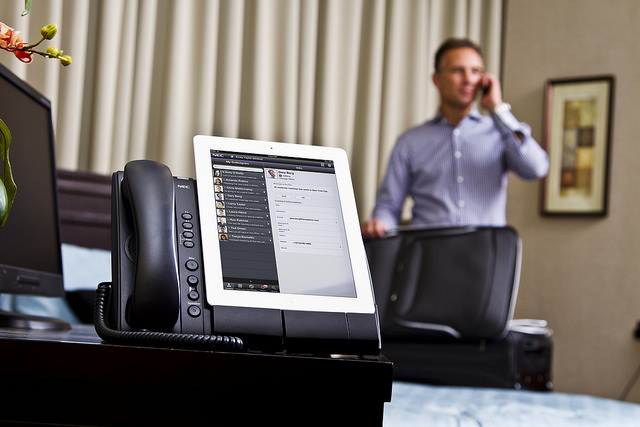New researched based on a survey conducted by global consulting firm Proviti and North Carolina State University’s ERM Initiative highlights a host of significant risk drivers contributing to the risk dialogue taking place in boardrooms and executive offices throughout public and private companies in the United States. More than 370 board members and executives across a number of industries participated in the survey. Among the topped rank risks, executives and board members cited cyber threats and privacy/identity management due to the potential for significantly disrupting an organization’s operations.
This is not at all surprising. Over the last few years, we’ve seen headline after headline of cyber attack reports of unprecedented sophistication across multiple industries that have resulted in data breaches and loss of intellectual property and business intelligence. Retail giant Target is just but one recent example, as it was hit by a data breach over the holiday season that affected potentially 70 million customers. The retailer on February 3rd went before a Senate committee to apologize and to reiterate its commitment to take steps to begin to regain consumer confidence and customer trust. The consequences of a cyber threat are obviously significant, including the loss of business and damage to an organization’s reputation and brand value.
What’s more, as the Proviti report cites, while new developments such as social media, cloud computing, mobile computing, new platforms and devices and workplace virtualization, among others, present opportunities to create new markets and disruptive business models, they also represent increased security and privacy exposures with fresh venues for cyber attacks. We discussed this very issue in a previous blog on how the hotel industry is leverage mobile technology to reach more consumers and provide them with platforms to make online reservations and even use social media sites for bookings. This presents tremendous opportunities for hotels and resorts, but it also requires tougher management controls and, of course. proper insurance coverage.
The Proviti research is backed by Allianz’s Risk Barometer on Business Risks 2014, which was also recently released. In its report, Allianz found that organizations are increasingly concerned about cyber threats and reputational loss. Loss of reputation or brand value ranked six in the top 10 global risks for this year, and cyber crime and IT failure ranked eighth. Both risks moved up in the Risk Barometer from last year as companies have been increasingly aware of the damage and liability risks cyber threats can have on their organizations.
IPOA offers Cyber Liability solutions to help protect firms in the event of a breach. What’s more, for the hotel industry, we have a Data Breach solution as part of our HotelPro program. Our product includes breach notification and credit monitoring services with separate coverage limits for third party claims; breach response coverage for forensic and legal assistance, and notification costs; bureau credit monitoring services; and crisis management sublimit for public relations; a separate limit of liability for privacy, network security and media claims. You can obtain a quick premium indication for Data Breach coverage for your hotel insureds by going online to our website. Just click here. Or, feel free to call us at 877-653-IPOA(4762).







